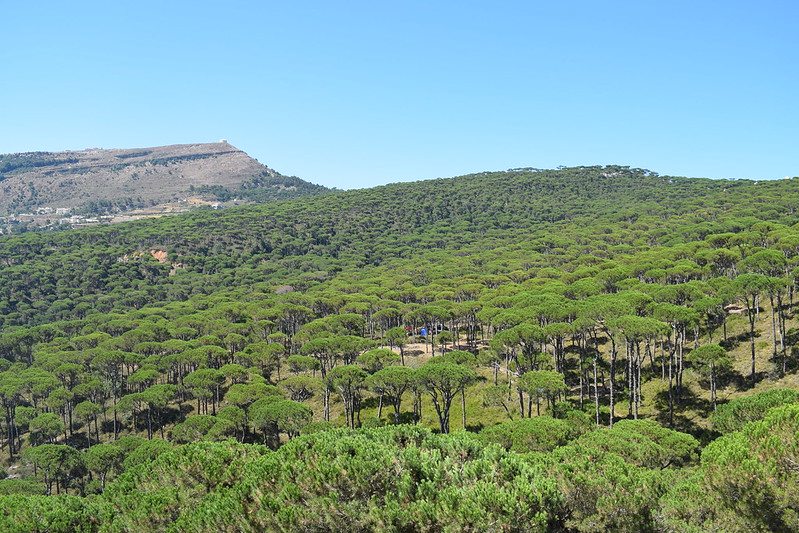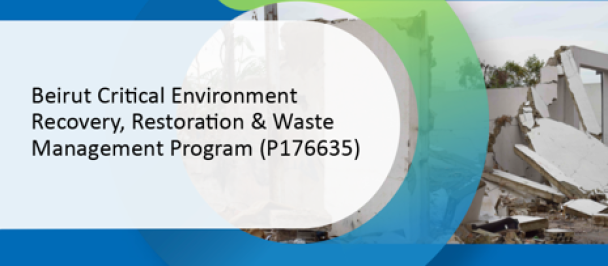Land Degradation Neutrality of Mountain Landscapes in Lebanon
Land Degradation Neutrality of Mountain Landscapes in Lebanon
The current land management practices in Lebanon are not sustainable as they continue to erode the country’s natural resource base (soil, water, green cover, and landscape). While traditional practices such as terracing, controlled grazing and forest management have helped protect the land, modern practices have significantly altered the natural and social make-up of the land including perceptions of natural resources. Population growth, the continued loss of arable land and biodiversity, concerns about food security and the expanding infrastructure due to population growth and urban sprawl are major factors impacting land resources and the natural environment. Land degradation has been flagged as a serious environmental problem in Lebanon, resulting in losses estimated at US$132 million yearly. This is bound to be an underestimate due to the incomplete data, and damages and associated costs of environmental degradation are certainly higher. Unsustainable growth is having a heavy toll on Lebanon’s natural resources with losses in forest cover, biodiversity and natural ecosystems, degradation of rangeland and desertification.

 Locations
Locations

